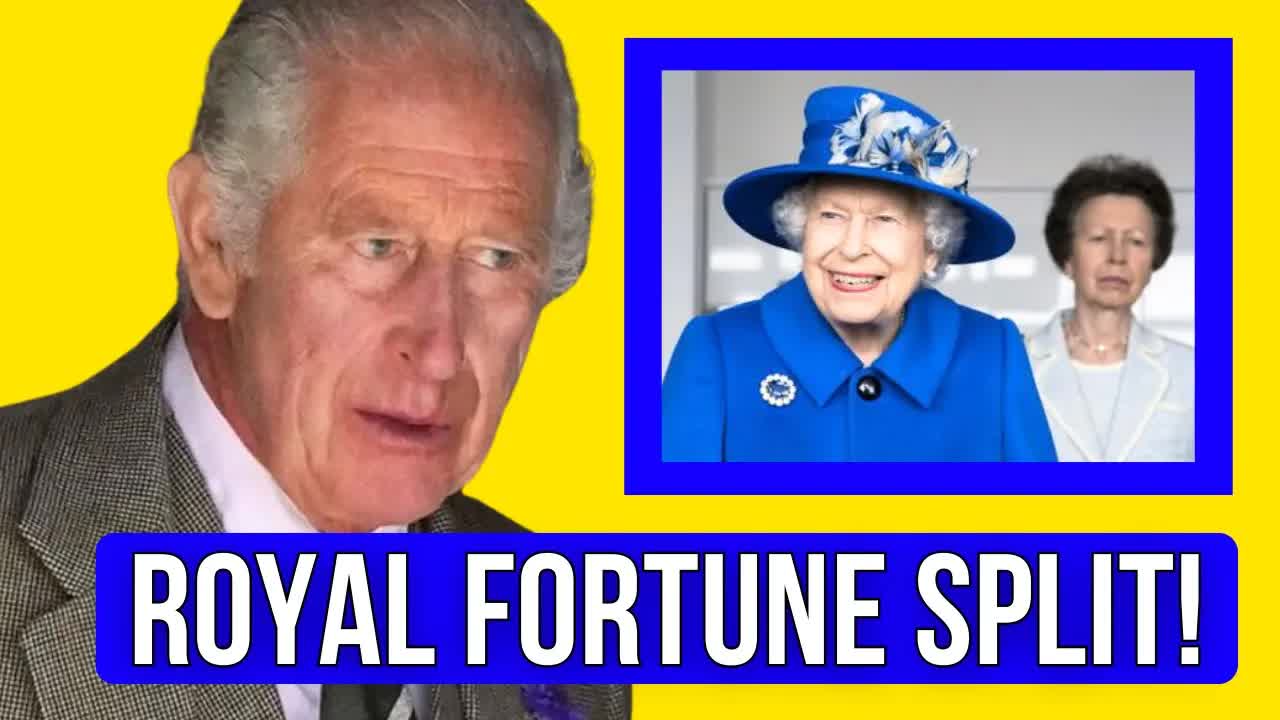The passing of Queen Elizabeth II in 2022 marked a significant turning point not only for the British monarchy but also for the world at large.
Her reign, which spanned over seventy years, was characterized by stability and an unwavering commitment to duty.
As the longest-serving monarch in British history, her departure left behind a legacy that will influence the royal family and its role in modern society for generations to come.
Queen Elizabeth wasn’t just a figurehead; she symbolized tradition and resilience during times of immense change.
Her ability to adapt while maintaining core values set a standard for future royals.
With her death, questions about the monarchy’s future emerged, prompting discussions on how her legacy would shape the responsibilities of each family member.
For her eldest son, King Charles III, stepping into his mother’s shoes meant embracing a profound sense of duty.
He carries the weight of upholding the values instilled in him by the Queen, particularly her dedication to public service.
Charles has always been passionate about environmental issues and social unity, reflecting his mother’s teachings while addressing contemporary challenges.
Transitioning from prince to king brings its own set of challenges.
Charles is now under the public’s watchful eye, tasked with maintaining the monarchy’s stability and respect.
This is a role he observed his mother fulfill with grace, and he aims to continue that legacy while navigating the complexities of modern governance.
Prince Harry‘s relationship with his grandmother was layered, filled with both affection and tension.
His quest for independence often clashed with royal expectations.
Despite stepping back from royal duties, Harry frequently references the Queen’s lessons on resilience and integrity as guiding principles in his life.
These values have propelled him to advocate for mental health and support veterans, causes he remains deeply passionate about.
Harry’s move to the United States was a bold statement, representing both a departure from royal obligations and an embodiment of the independence the Queen quietly encouraged.
However, this decision stirred controversy within the royal family and among the public, highlighting the delicate balance between tradition and modernity.
Princess Anne, the Queen’s only daughter, has emerged as one of the monarchy’s most diligent members.
Known for her tireless work ethic, she embodies her mother’s ethos of prioritizing duty over privilege.
With over 457 public engagements in just one year, Anne continues to honor the Queen’s legacy by blending traditional values with contemporary relevance.
Meanwhile, Prince Edward and Sophie, Countess of Wessex, represent a shift towards a more relatable monarchy.
Their approachable demeanor resonates with the public, making the royal family feel more accessible.
They embody the Queen’s vision of fostering meaningful connections, ensuring the monarchy remains relevant in today’s society.
The Duchess of Cambridge, Kate Middleton, also carries forward the Queen’s legacy in her unique way.
Emphasizing compassion and duty, Kate focuses her initiatives on mental health and child welfare.
Like her late grandmother-in-law, she views family as the cornerstone of society, tirelessly advocating for issues that impact families and children.
Each member of the royal family plays a part in preserving Queen Elizabeth’s values, from resilience and compassion to public service.
Their actions reflect her enduring influence, ensuring the monarchy adapts to the evolving demands of society while remaining steadfast in its core principles.
As King Charles III leads the family into a new chapter, the Queen’s spirit remains a guiding force.
Her principles of service, unity, and strength continue to shape the future of the British monarchy, providing a sense of continuity amid uncertainty.
Though her reign has concluded, her legacy lives on, reminding the royal family of the immense responsibilities they now carry.










